(352) 817-7647
24 Hour Emergency Service Available
All Major Credit Cards Accepted
All Major Credit Cards Accepted
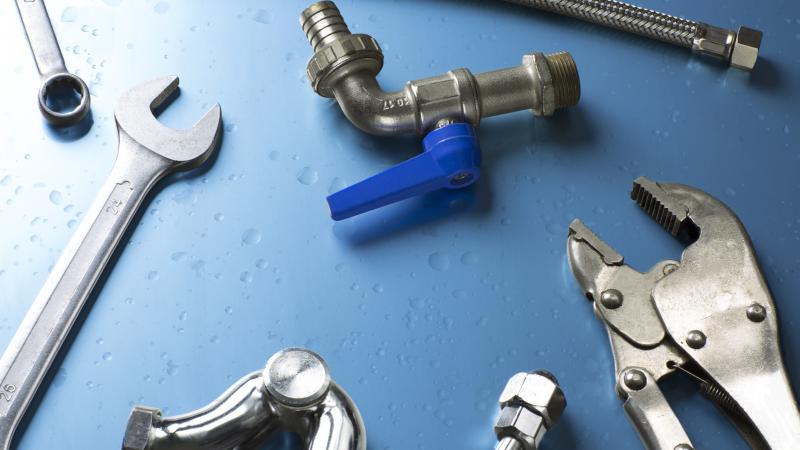
Power outages are already tough to deal with, leaving you without access to your wifi, losing cold and frozen food, and needing backup light sources until power is restored. But do power outages also affect your plumbing?
In short, yes. Fortunately, cities and municipalities usually get water to your house...

Toilet paper isn't often considered a precious asset, given that most people prefer not to think about it much at all (unless there's a pandemic, apparently). Toilet paper is an entrepreneur's dream because it is just a few raw materials with a negative cost. Treatment facilities pay per ton to...

There's nothing better than a nice, relaxing, hot shower. But what happens when that hot water doesn't stay hot for very long anymore, and that relaxing shower is now an ice bath? It might be time to chuck your old hot water tank and invest in a new one!
Water...

Ever since the arrival of Coronavirus life has been turned upset down. Hand washing and wiping down surfaces that could be contaminated has become a meaningful way to fight against this new invisible enemy. Cleaning products, hand sanitizer, and strangely, toilet paper became like gold and were hard to obtain....

Covid-19 has changed the world in many ways and has had a unique impact on the plumbing industry. With people staying home 24/7, the pipes in their homes are certainly earning their keep. While unemployment has skyrocketed across the country, many plumbers are busier than ever.
Some have called the...
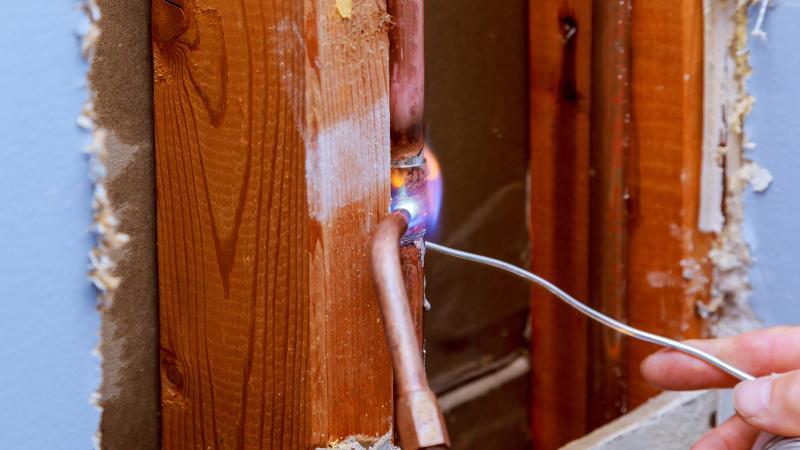
Copper piping is by far the most widely used material in plumbing systems; however, despite what you might believe, copper piping doesn’t last forever. In the original design of copper piping, the pipes were expected to last up to 25 years but often fail in as little as two years...
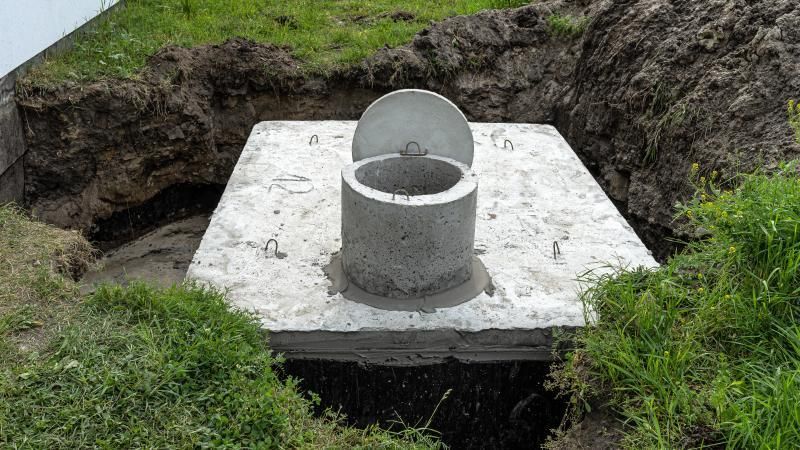
For those of us here in Florida not connected to a municipal sewer system, a septic tank on the property is most likely what you would find. Septic tanks can be a breeze to maintain if you follow a few helpful tips on what and what not to put into...
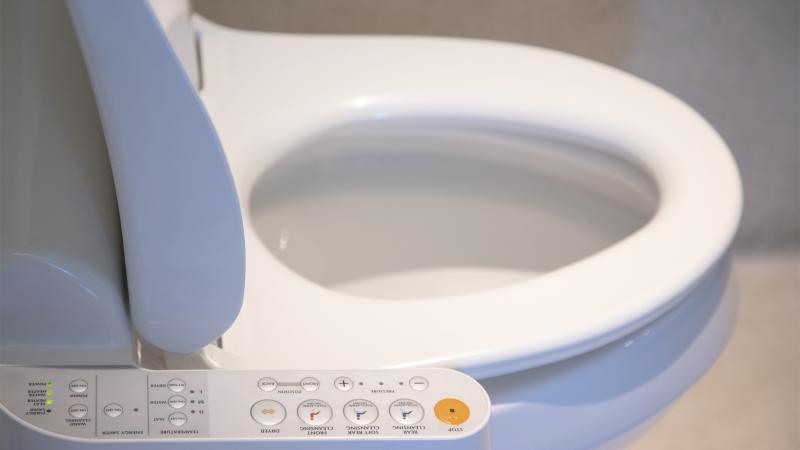
Japan has long ruled The Throne when it comes to state-of-the-art toilets. With all the bells and whistles, from bidets to butt buffers, they have turned a simple wee into A Bathroom Experience. Meanwhile, we have been using the same basic toilet design for…ever. Some would argue we’re long overdue...
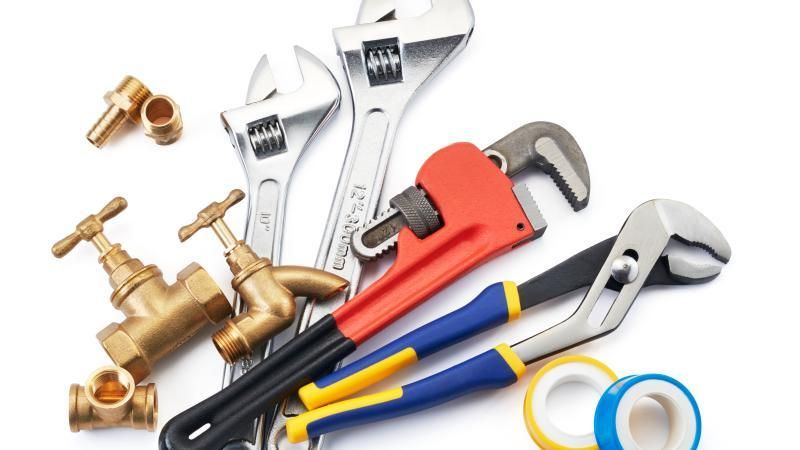
It's, and you hear water running. You jump out of bed and run to the bathroom only to find that that water that's supposed to be in your toilet tank is now all over your floor! Do you grab your phone and call an incredibly expensive 24-hour emergency plumber who...
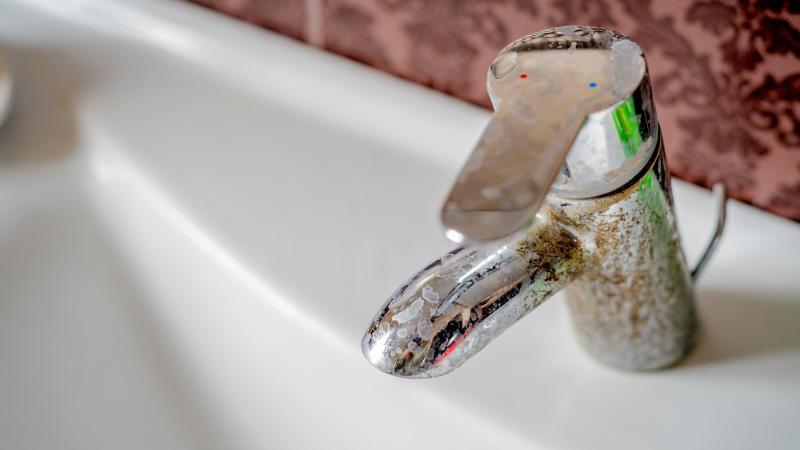
Well, water has a lot of benefits, one of the biggest being no need for a water bill. But unfortunately, well water can be a little harsh and leave spots and stains from what is called "hard water." What exactly is hard water? And how does one go about fixing...
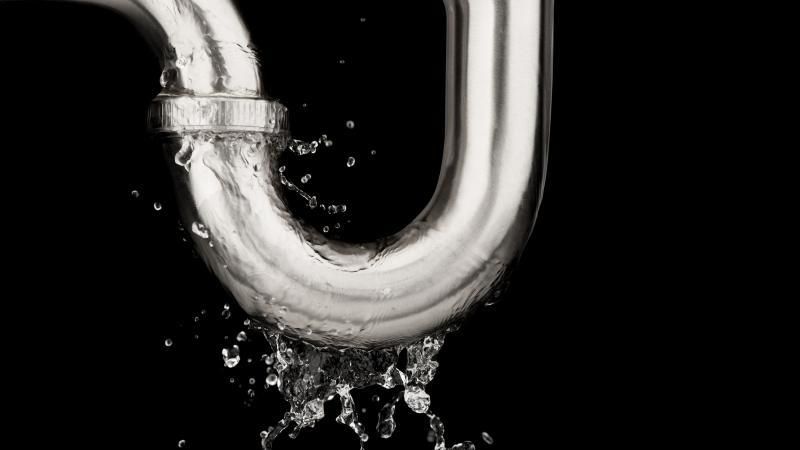
Has your water bill been a little too high the past couple months? Or maybe your house smells a little different when you walk in, like a post-rain smell without the rain? If these sound familiar to you, you might be in a bit of trouble with your plumbing. These...
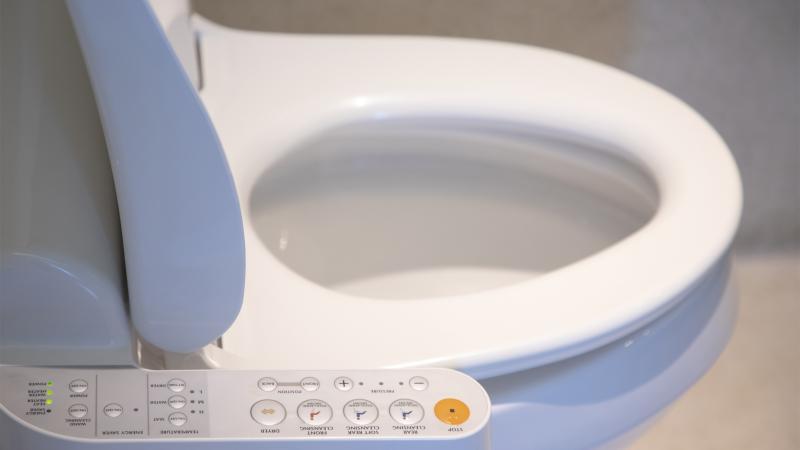
Modern plumbing is a part of almost every single person's life now. Whether it's to flush something down or wash something, plumbing plays a role in our day to day lives, and we don't even really think about it. Even something as universally used as household plumbing can be improved...

In an ideal world, we would walk into our kitchen, turn on the faucet, trust the liquid flowing out of it and drink pure, clean water until our heart’s content. Sadly, however, a perfect world is not here yet. We trust our state and local governments to provide us with...

Winters can be particularly harsh on your home’s plumbing. Here are some ways to start preparing now and avoid damage when winter arrives:...

When you are shopping for a new home in Florida, it is smart to have everything inspected. You can also examine any plumbing concerns yourself before you finish the deal and move in if you know what to look for.
If you are intending on doing the plumbing inspection...

Unless you’re a plumber, you may not even know the difference between PEX Piping and Copper, or which piping is better for your home. Here, we hope to increase your basic knowledge of these plumbing options to help you know what you’re getting and if it’s what you truly want....

A running toilet can strike a mild panic in any homeowner, worried that a repair may be soon to follow. Chances are a running toilet can be easily fixed without making an emergency call to a plumber. Here you’ll find a few quick tips to stop that constant running of...

It’s no secret and a fast-growing trend for more seniors to choose to remain living at home instead of moving into assisted living facilities or nursing homes. Seniors who make this decision often rightfully do so to maintain their dignity and independence.
When performing a bathroom remodel for the elderly,...

If you’ve noticed unexplained cracks in your home and office that appear to be growing larger every day, it’s likely these cracks in your walls or pavement are only a small sign of a much bigger problem - below your feet. Foundation problems can undermine the infrastructure of a home...

Liquid-Plumr and Drano contain caustic ingredients that eat away at your pipes and irritate your lungs. They’re also terrible for the environment. The chemical smell drifting from your drain is a dead giveaway that tells your plumber you’ve been using these products. So, what’s the solution when Drano just doesn’t...

You turn on your faucet and crystal clear water flows freely from it’s home (groundwater from the Floridan Aquifer) to its final destination: your shower, sink or drinking glass. But, before it makes it that far, it goes through a rigorous and well-regulated, multi-step process to assure that the water...

Tankless water heaters are not for everyone. How many people are in your home? How is your house wired? What kind of investment are you willing to make? These are all things to take into consideration when choosing your water heater. There's a common misconception that the "instantaneous" tankless water...

In many homes today, garbage disposals are a convenience and take some of the extra demanding work out of housekeeping; but if not used correctly, a broken garbage disposal can be a costly repair and a massive headache in the kitchen.
The best rule of thumb to remember when it...

Hard water is a very common issue faced by many homeowners and renters who live in high sediment areas. Your water can be considered “hard” when elevated levels of dissolved minerals are present in it. Although hard water is not unhealthy for human consumption, it can damage and even ruin...

The first question to ask yourself is whether or not your home really needs better drinking water. A water filter is only useful if it takes bad stuff out of your water without putting any bad stuff back in. If it is not doing its job, it could become a...

When it comes to day to day living, there are aspects of your home that often get ignored and taken for granted until something major occurs as the result of neglect. The most common aspect? Plumbing. While an overflowing toilet may come to mind when you think of “plumbing mistakes”,...

A lot of homeowners only think about our plumbing and pipes when something has gone terribly wrong with them. Summertime, however is the perfect time to take a closer look at your plumbing and perform some routine plumbing maintenance to keep it in good working order while the weather is...

If you have a running toilet in your home, you may be wasting countless gallons of water a day. But take heart, most often it’s an easy fix and Kost Plumbing here to help.
First, it’s important to understand the science behind how your toilet works: Using gravity, when you...

When it comes to PEX Piping vs Copper, unless you’re a plumber, you may not even know the difference or which piping is better for your home. So, maybe it’s time to increase your basic knowledge of plumbing in order to know what you’re getting and if it’s something you...

Technology advances every day and reaches into every area of our lives, and our bathroom toilets are no different. With so many new innovations, even your toilet can become a more convenient part of technology in your home. Here are just a few of the newest toilet trends for 2016:...

We’ve all been there. Visiting a relative or friend, you use the restroom, and somehow the toilet just won't flush. This can feel so embarrassing, but don’t stress! With this how-to, they’ll never know unless you tell them.
Is the water about to overflow? Find the shut off valve to...

Even in Sunny Florida, with colder winter months approaching, the possibility exists for the pipes in your home to freeze during the winter months. Frozen pipes can cause a huge inconvenience and a pretty penny to repair. So how do you prevent your pipes from freezing or thaw ones that...

When taking a shower there's nothing worse that a clogged drain causing water to collect at your feet. I mean you wanted to take a shower, not a bath, right? There are some simple tricks besides pouring a gallon of Drain-O down the pipes to help get that clog unstuck....